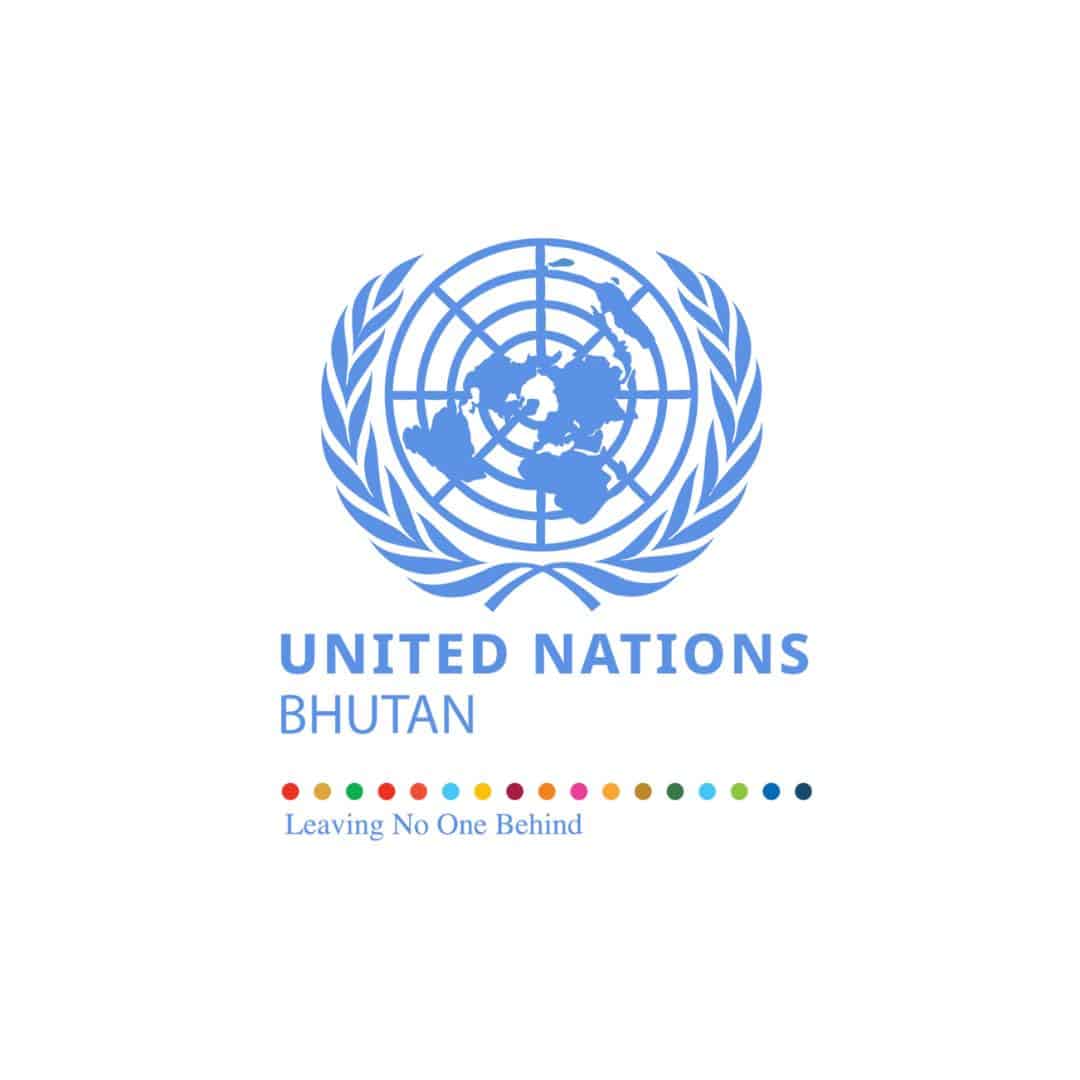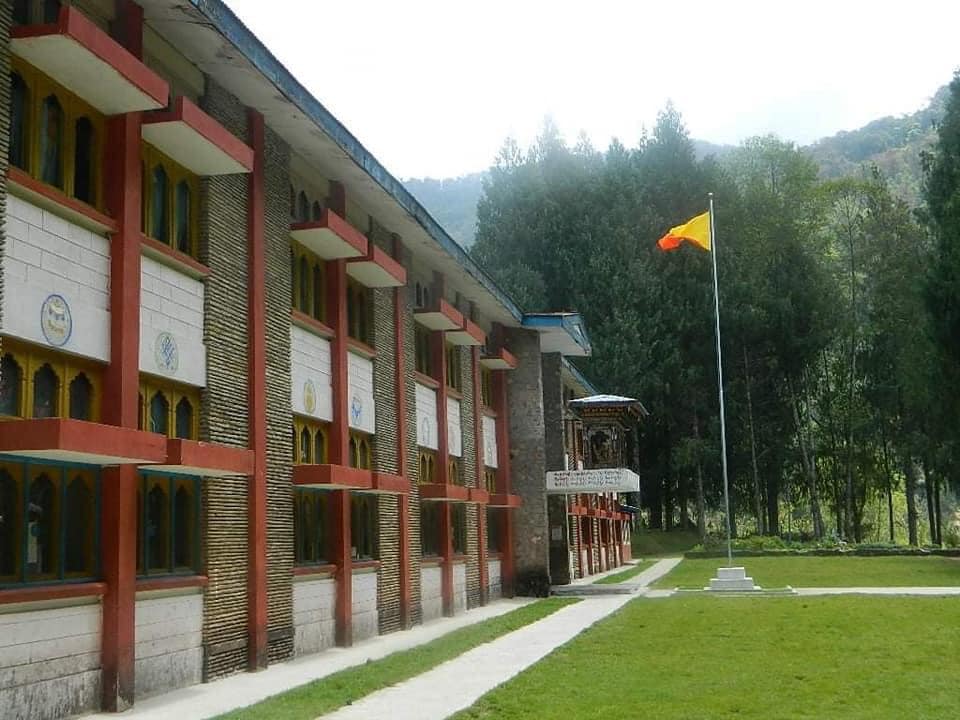The founder of the Loden Foundation, Dr. Karma Phuntsho talks to guest speaker Mr. Hendrick Visser to talk on Bhutan climate action in the Bhutan Dialogues organized by UNDP on March 8.
Mr. Hendrick Visser has an MSc. in Sustainable Development, Rural Development Management from the Imperial College / University of London, London, UK and an MSc. In Civil Engineering; Management & Organization, Water Management from the Delft University of Technology, Delft, the Netherlands. He is currently an independent consultant. He came to Bhutan in 1977.
Q1.You have had a rich career and work- can you tell us about your journey- the Netherlands to Bhutan- engineering to CSO?
Answer: I was touched by the suffering and global problems. My journey started with a family of Civil Engineering but it was not my calling. I am happy that I was able to shape my calling to benefit the communities. Bhutan as always been in the public eye in the Netherlands because of its development relationship with the Netherlands and Bhutan was intriguing. I was always wanted to visit Bhutan and I got an opportunity and landed up in Zhemgang. First thing we did was rescue dogs in Zhemgang. In the first month we rescued 23 dogs. Our house was full of animals and even coming to Thimphu we rescued animals. We have a responsibility for these animals. And it was a basically a reason for me to stay in Bhutan
Q2. What are the climate change issues and what is the global situation? We have people who deny climate change. Can you convince us if the climate change is real?
Answer: All the scientific activities have proven that human activities have generated the greenhouse gases. The heat is captured and the earth is warming up. There is no dispute about it.
There is a lot of industrial (oil and car) benefit because they make profit on it. Also, human behavior. There is definite proof that climate change is human induced.
Bhutan has cold weather for several weeks. These come from the winds that are circling North Pole keeping away the warm weather from rest of the world. The cold will become much more frequent and become worse. The forests will slowly dry up and at the same time the shifting rains in Bhutan will affect the farmers. It actually become risky for the farmers to plant their crops late or too early. Same amount of rain is falling but it is falling at the short period of time. In the long term in Bhutan, retreating glaciers will be major source of river flow which will benefit hydropower.
Q3. What do you think can cause the government to make climate change part and parcel of the overall climate changes agenda?
Answer: It is important for the government to realize that it is not only money for the projects but also about strengthening the existing system. Focus should be on how this benefits the farmer. Democracy is not just about voting. There is a lot of knowledge in society. The re government should give the responsibility of development back to the people. And I think that CSOs in Bhutan have a large role to play. Part of climate change is being resilient. Creating space for citizens for their own opinion. Bhutan has great systems of free healthcare and education. Would it not be of interest for the students to think what they want to do about these issues.
Q4. Climate change solutions take place when there is money. How can we make citizens feel the urgency?
Answer: We need CSOs and other agencies in Bhutan to develop stories. We did assessment in Zhemgang- on one male representative and one woman. Women were much more concerned about water because they are responsible for the works involving water. You need to give participatory tools to empower the people to act about any issue. Empowering the people and social network are important to climate change. We have to tell the stories and how important the traditional Bhutanese culture of helping one another is. There is a strong link between climate action and women. There is still lack of female representation at national and local levels. How do we go about empowering women? Allocating more space for women to share their opinion? We should take lessons from other countries.
Q5. In which sector should our country focus? Which technology?
Answer: Climate smart- soil fertility (mobile apps) allowing technology to help your farmers. Technology should help Bhutan to sustain its carbon neutrality. It should be careful about this rich heritage of rich forest and promote electrical vehicles and sustainable urban development. Also, building earthquake-resilient buildings is great but how about energy efficiency.
Q6. Has Bhutan reached a position to build green roads?
Answer: Male engineers developed vacuum cleaners for women but then the same men increased the standard for the cleanliness of the room. Same thing with environmental roads. Lot needs to be done and lot has been done, but there has been major achievements. We should also celebrate what has been achieved. Bhutan is very much affected by climate change and given the geological conditions, the government is investing very little in sustainable energy. As a citizen, one has to think about creating an organization that can engage at the community level.
Q7. How would you assess the current trend of economic development vs environment change?
Answer: I am inspired by GNH and it is sad to see how it is judged by how the society is doing today. The way society functions today is as a result of history and we really need to appreciate gross national happiness. You have to be careful in terms of your national goals. Investing in better education, sanitation, health-care, investing in your people has huge return as compared to big flashy projects.
Pema Seldon from Thimphu














